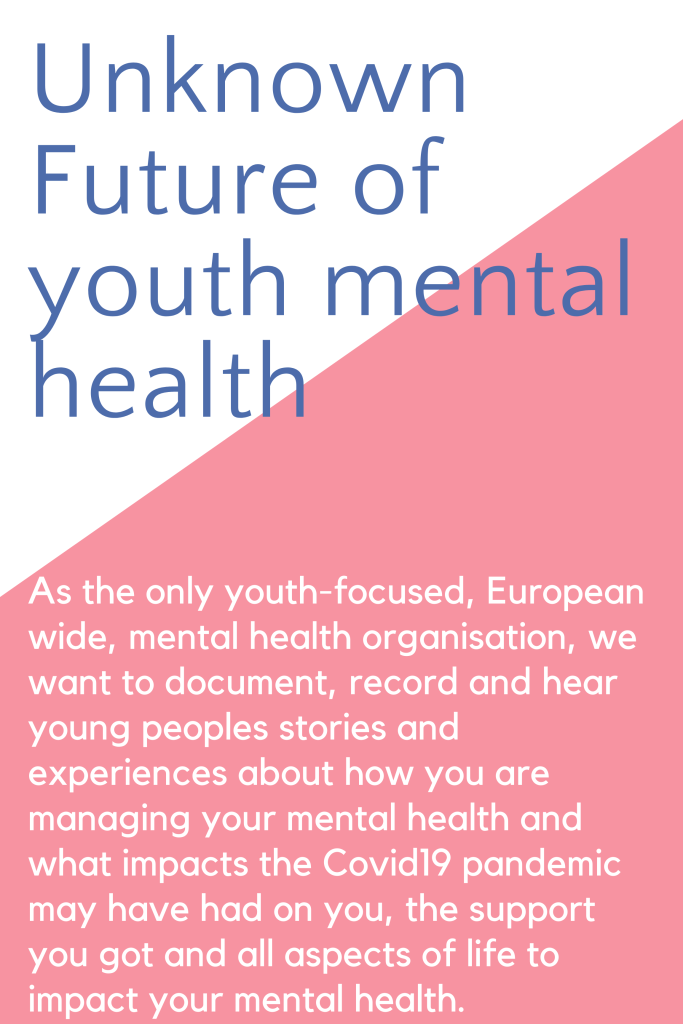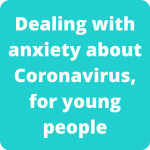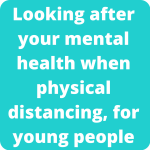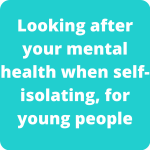These resources have been developed by young people, for young people across Europe, with support from youth professionals, in a variety of languages.
They are not a ‘quick fix’, but just suggestions and advice on ways to look after your mental health in these extraordinary circumstances. There are also other resources from organisations across Europe at the bottom of this page.
Remember: if at any point you feel overwhelmed, then reach out for support. You can find services in your country on our Youth Helplines and Services across Europe page or see the links at this page, are other Coronavirus mental health support resources for you to look at.
Remember to follow the WHO’s advice on hygiene during this time
Access resources
CLICK THE THUMBNAILS BELOW TO GO TO THE RESOURCES
What do we mean by physical distancing and self isolating?
Physical distancing (sometime referred to as social distancing) is when you are not showing symptoms, but your state/country/city is being told to only leave the house if absolutely necessary (food, key jobs).
Self-isolating is when when you or someone in your household has symptoms and you have to self-isolate and NOT leave your house for between 7-14 days (different in different countries). People who are identified as “at risk” should also self-isolate (see your government guidance for more information).
Share your voice!
Aimed at under 25s, but open to older ages, please use the buttons below to share your tips and/or your experiences for us to use when we work with high level institutions.
Help us ensure that mental health support & policy aimed at young people is created BY YOUNG PEOPLE, FOR YOUNG PEOPLE
Other #covid19youth mental health resources
Mental Health Europe:
Mental Health Helplines and websites for young people
Coronavirus: 8 ways to look after your mental health
YoungMinds (UK): Coronavirus and mental health
Mielenterveyspooli (Finland): Managing fear and concerns around Coronavirus



